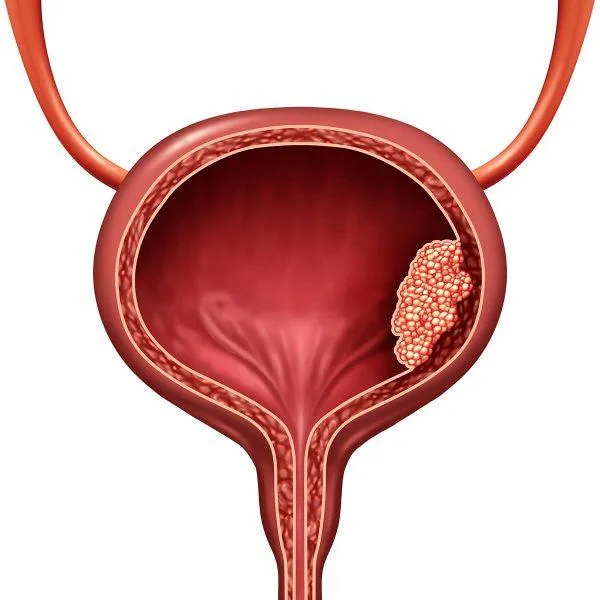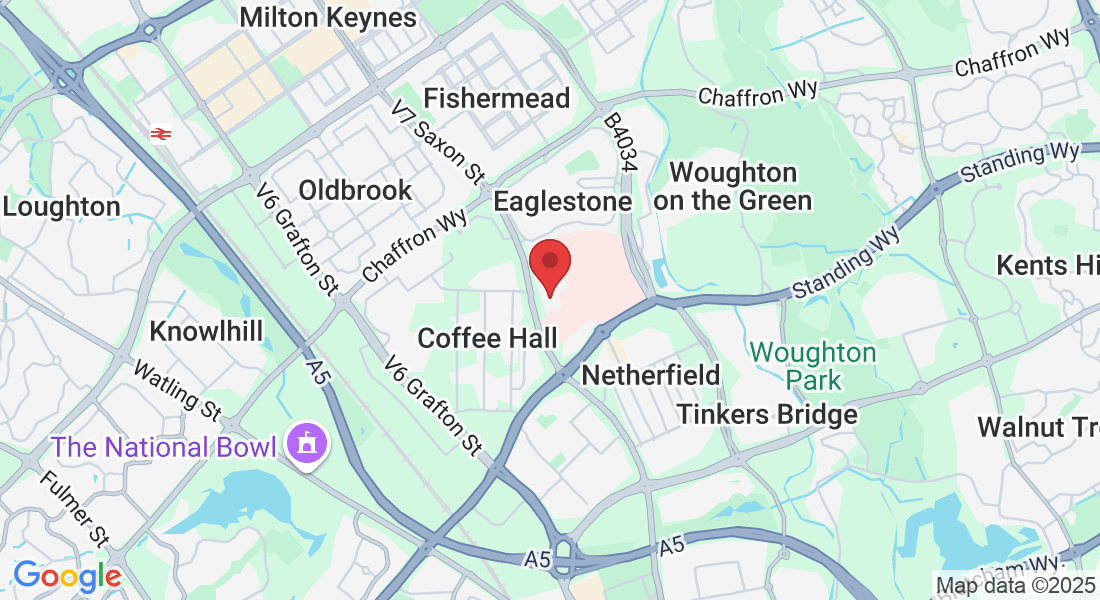Bladder Cancer Treatment

Bladder cancer occurs when abnormal cells grow in the lining of the bladder, and in some cases, these cells can spread deeper into the bladder wall or to other parts of the body. Early detection and expert treatment are key to successfully managing bladder cancer. Mr. Rai offers advanced and personalized treatment options for bladder cancer, ranging from minimally invasive techniques to more complex surgical interventions, depending on the stage and severity of the disease.
What to Expect from Bladder Cancer Treatment with Mr. Rai
Comprehensive Diagnosis:
The first step in treating bladder cancer is a thorough and accurate diagnosis. Mr. Rai uses the latest diagnostic tools and techniques to determine the stage and grade of the cancer. These diagnostic methods include:
Cystoscopy: A small camera is inserted into the bladder through the urethra to visually inspect the bladder lining for tumors or abnormalities.
Urine Cytology: A urine sample is analysed to detect abnormal cells.
Biopsy: If abnormal areas are detected during the cystoscopy, a biopsy may be taken for further analysis.
Imaging Tests: CT scans, MRI, or ultrasound may be used to assess whether the cancer has spread beyond the bladder.
Tailored Treatment Plan:
Based on the diagnostic results, Mr. Rai will develop a personalized treatment plan. The approach depends on the stage and type of bladder cancer (non-muscle invasive or muscle-invasive), your overall health, and your preferences. Treatment options include both non-invasive therapies and surgical procedures.
Treatment Options for Bladder Cancer
Transurethral Resection of Bladder Tumour (TURBT):
For non-muscle invasive bladder cancer, the first line of treatment is usually TURBT, a minimally invasive procedure where Mr. Rai removes cancerous tissue through the urethra without the need for external incisions. A cystoscope is used to scrape away the tumour from the bladder wall.
Benefits:
Minimally invasive with a short recovery time
No external incisions required
Often used as both a diagnostic and treatment procedure
Intravesical Therapy:
For non-muscle invasive bladder cancer, intravesical therapy may be recommended following TURBT to reduce the risk of cancer recurrence. This involves delivering medication directly into the bladder via a catheter. Common intravesical treatments include:
BCG Therapy (Bacillus Calmette-Guerin): A type of immunotherapy that triggers the immune system to attack cancer cells in the bladder.
Chemotherapy: Drugs are delivered directly into the bladder to kill cancer cells without affecting the rest of the body.
Benefits:
Targets cancer cells in the bladder without systemic side effects
Helps prevent recurrence of bladder cancer
Radical Cystectomy:
For muscle-invasive bladder cancer or cases where the cancer has spread beyond the bladder lining, Mr. Rai may recommend a radical cystectomy. This procedure involves the removal of the bladder and nearby lymph nodes. If the cancer has spread, surrounding organs may also be affected, including the prostate in men, and the uterus, ovaries, and part of the vagina in women.
After the bladder is removed, one of the following urinary diversion methods will be used to create a new way for urine to exit the body:
lleal Conduit: A small piece of the intestine is used to create a passage for urine to flow to an external bag.
Continent Urinary Reservoir: A pouch is created inside the body using part of the intestine, which can be emptied by the patient via a catheter.
Neobladder: A new bladder is constructed from intestinal tissue, allowing the patient to urinate normally in many cases.
Benefits:
Comprehensive removal of cancerous tissue
Options for urinary diversion tailored to patient preference and lifestyle
Effective treatment for more advanced bladder cancer
Robotic-Assisted Surgery:
For patients requiring radical cystectomy, robotic-assisted surgery is one of the advanced surgical options available. This technique offers greater precision and control during the procedure, often leading to shorter recovery times and reduced complications compared to traditional open surgery. While Mr. Rai does not perform robotic cystectomy, he can discuss the full range of treatment options with you, ensuring that you receive the best possible care tailored to your individual needs.
Benefits:
Greater precision with minimal incisions
Shorter recovery time and reduced hospital stay
Lower risk of infection and blood loss
Chemotherapy and Radiation Therapy:
In cases where bladder cancer has spread or when surgery alone is not sufficient, Mr. Rai may recommend chemotherapy or radiation therapy as part of the treatment plan. Chemotherapy may be used before or after surgery to shrink tumors or eliminate remaining cancer cells. Radiation therapy can also be used as a primary treatment or in conjunction with other therapies to target cancer cells.
Benefits:
Can target cancer cells throughout the body
Often used to complement surgery for better outcomes
Post-Treatment Care and Monitoring:
After treatment, follow-up care is essential to monitor for recurrence and manage any potential side effects. Mr. Rai and his team provide comprehensive post-treatment support, including:
Regular Cystoscopy and Imaging: To monitor the bladder and ensure the cancer has not returned.
Urine Tests and Bloodwork: Routine tests to check for abnormal cells and assess overall health.
Rehabilitation and Recovery Support: Mr. Rai will guide you through the recovery process, including adjusting to any urinary diversion procedures and managing any side effects from chemotherapy or radiation therapy.
Mr. Rai’s expertise in managing bladder cancer ensures that patients receive the most advanced and personalized treatment options available. Whether through minimally invasive TURBT, intravesical therapy, or more complex surgeries like radical cystectomy, Mr. Rai is committed to providing compassionate care that maximizes patient outcomes and quality of life.
FAQS
What can I expect during my first consultation?
During your first consultation, I will take the time to understand your medical history, discuss your symptoms, and conduct any necessary examinations. We’ll work together to create a personalised treatment plan tailored to your specific needs.
Do I need a referral to see Mr. Rai?
Whilst a referral from your GP is often helpful, you can book an appointment directly to see Mr Rai, depending on your health concerns. Mr Rai will see both self-pay and insured patients.
What should I bring to my appointment?
Please bring any relevant medical records, a list of current medications, and any referral letters from your GP. This helps ensure a thorough and informed consultation.
Which insurance providers does Mr Rai work with?
Mr. Rai works with a wide range of reputable insurance providers to offer comprehensive care to his patients. These include BUPA, BUPA Global, AVIVA, AXA, WPA, Healix Health, Preferred Health, Trust in Health, Allianz Worldwide Care, AETNA Global Benefits, Vitality Health, Cigna, and Benendon.
Can I see Mr Rai if I do not have Healthcare Insurance?
Yes, Mr. Rai does see self-pay patients. You can access his expertise and cutting-edge treatments without the need for healthcare insurance.
Do you offer virtual remote consultations for patients who are unable to visit in person?
Yes, Mr. Rai offers virtual remote consultations through Google Meet or Zoom. He can assess and discuss your healthcare needs remotely and arrange access to the latest diagnostics and treatment services in both London and Buckinghamshire.

© 2024 SR Urology. All Rights Reserved | Privacy Policy | Terms of Service Designed by The Higher League

